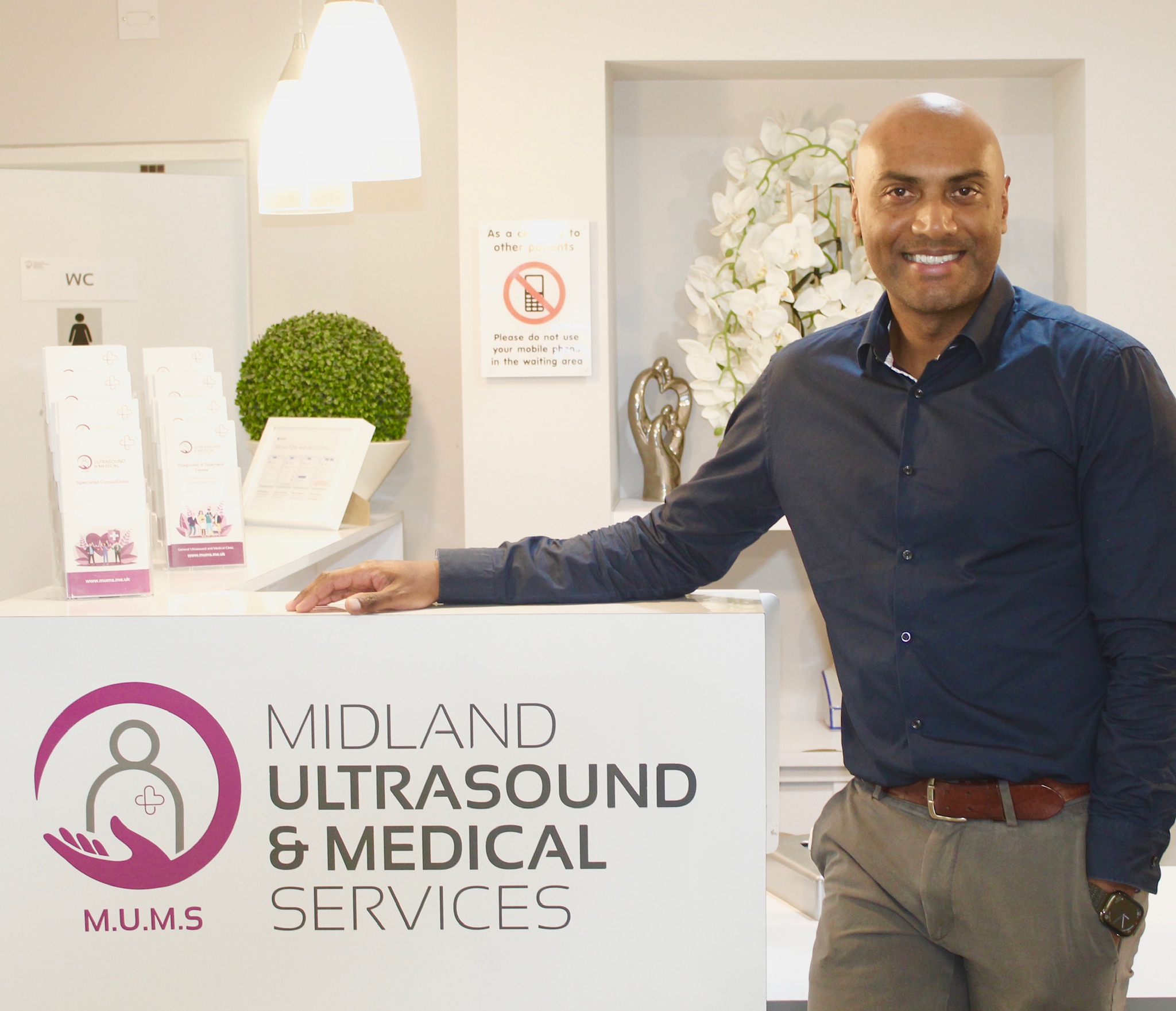Breast Cancer Gene Testing with a Specialist Consultant
Average rating: 4.87 / 5 Read all reviews

| Breast Cancer Gene Testing with consultation - 12 GENE | £1045 | |
| Breast Cancer Gene Testing with consultation - BRCA 1 and 2 | £920 |
Mr Seni offers 2 Genetic Breast Cancer Screening tests. A consultation with Mr Seni is required – for history, consent, and counselling. Consultations cost £245
Testing can be at performed during the consultation following counselling:
The above two tests have been chosen to provide the greatest options to all potential patients who will have differing reasons for wanting to know their individual risk of breast and ovarian cancer.
If the results are negative, you will receive a written letter from Mr Seni. If negative, it usually means the inherited risk isn’t significantly higher than the general population.
If any of the results are positive – you will need to have a follow up appointment to have the result interpreted for you and discuss how to manage this risk.
The cost of a follow up consultation with Mr Seni is £150.
Once the sample has reached the Laboratory results can be expected between 4-5 weeks. To ensure absolute clarity on any genetic result, there may occasionally be the need to send samples away for further testing and these time scales will be communicated with you in advance.
Occasionally an uncertain (a “variant of unknown significance”) result is returned. This is currently interpreted as no additional personal breast cancer risk, but as global genetic research evolves this may in the future be required to be interpreted differently.
Some specific rare gene defects can significantly increase your risk of developing breast and/or ovarian cancer in your lifetime. 12 of the most common genes are looked for in this test which include BRCA 1 and BRCA 2 but also:
This test identifies whether you have any one of these defects. If you have any of these gene defects – MUMS Breast Surgeon, Mr Seni Mylvaganam will then discuss with you what this means for your lifetime risk of breast cancer and how this should be managed.
This test is best used for women who have:
For patients that are only interested in the BRCA 1 and BRCA 2 tests we detail below the genetic test offered by MUMS Specialist Consultant Breast Surgeon. This test has been chosen to provide the greatest options to all potential patients who will have differing reasons for wanting to know their individual risk of breast and ovarian cancer.
BRCA1 and BRCA2 gene testing looks for mutations in these genes that can increase the risk of certain cancers, primarily breast and ovarian cancer.
The BRCA test will Identify these mutations. The test checks for harmful changes (mutations) in the BRCA1 and BRCA2 genes.
The BRCA test Assesses Cancer Risk. People with a BRCA1 or BRCA2 mutation have a higher chance of developing breast, ovarian, prostate, and pancreatic cancers.
You do not need a referral from your NHS GP.
You can book online or call us on 0121 704 2669. You can also send us an enquiry for detailed information and availability for the type of female ultrasound scan that you wish to have.
We have ample parking and great reviews.
Copyright © 2026 Midland Ultrasound and Medical Services | Company number: 04844920